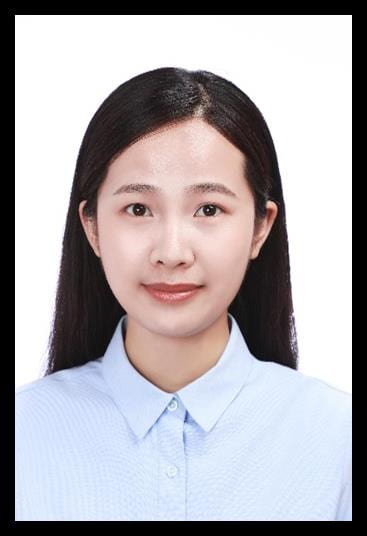UCI receives NSF grant to create and test interactive videos to foster children’s science learning
Conversational agent will be incorporated into a pilot study on a new PBS KIDS animated program

Irvine, Calif., Sept. 17, 2019 — With a $300,000, two-year Advancing Informal STEM Learning program grant from the National Science Foundation, University of California, Irvine School of Education researchers will help develop interactive videos that promote preschool children’s science learning and engagement.
As part of a research pilot, an intelligent conversational agent application – which is a computer program that can converse with a human – will be embedded into three episodes of an upcoming PBS KIDS animated television program, Elinor Wonders Why. Children who participate in the study will be able to speak with the main character of the show as Elinor asks questions and responds to their answers while solving everyday science mysteries related to each episode, such as how and why certain animals camouflage themselves.
“The goal of this project is to amplify the educational value of watching TV by making it more interactive,” said Mark Warschauer, UCI professor of education and one of the project’s principal investigators. “By integrating a conversational agent as a virtual character in a science-oriented video, we can examine whether and in what ways young children’s engagement, attention, communication strategies, perceptions and learning are affected. This project will provide a comprehensive evaluation of the feasibility and potential of incorporating them into screen media to foster preschoolers’ STEM learning and engagement.”
Recent advances in artificial intelligence and natural language processing make this type of project possible, which is one of the first to integrate a conversational agent into preschool-aged children’s science-oriented videos.
The UCI team will examine the benefits resulting from this kind of engagement and how they compare to conversing with a human partner while watching the video. The study has received approval from UCI’s Institutional Review Board with the strictest attention to the confidentiality and privacy of participants and their data.
Participating in the interdisciplinary project are Andres Bustamante, co-principal investigator and UCI assistant professor of education, and Abby Jenkins and Sara DeWitt of PBS KIDS Digital. An advisory board of experts from academia, industry and non-profits will provide feedback.
The study will be accomplished in two iterative cycles. Storyboard, conversation, follow-up prompts and video scripts, as well as the creation of a mobile application, will be field tested with 20 children to improve the embedded conversation function. The pilot test will involve 120 children, each of whom will watch the video one of four different ways in a randomized control trial.
One group will watch the episode with the embedded conversation function. A second will include a human partner, rather than the virtual character, carrying out the script dialogue. The third group will watch with pseudo-interaction, where Elinor asks questions but does not attempt to understand or personally respond to answers. And the final group will watch the episode with no dialogue.
“This project will provide groundbreaking findings on the use of conversational agents to enhance young children’s informal STEM learning and can lay the foundation for a new genre of science shows,” Warschauer said. “Video watching can be transformed into a more dynamic educational experience, where children are actively engaged in observation, prediction, pattern finding and problem solving. The prominent involvement of PBS KIDS, as well as the outreach of the research team and advisors, and the public sharing of all software and findings generated, will help spread this innovation to others in the media and academia.”
The Elinor Wonders Why program was created by UCI physics professor Daniel Whiteson and Jorge Cham of PHD Comics. It will debut on PBS KIDS in September of 2020. Elinor Wonders Why is being developed as part of the Corporation for Public Broadcasting and PBS Ready To Learn Initiative with funding from the U.S. Department of Education.
The Ready To Learn Initiative is a federal program that supports the development of innovative educational television and digital media targeted to preschool and early elementary school children and their families, with a particular interest in reaching low-income children. Funding for the production of the three conversational episodes was provided by the Corporation for Public Broadcasting.
About the University of California, Irvine: Founded in 1965, UCI is the youngest member of the prestigious Association of American Universities. The campus has produced three Nobel laureates and is known for its academic achievement, premier research, innovation and anteater mascot. Led by Chancellor Howard Gillman, UCI has more than 36,000 students and offers 222 degree programs. It’s located in one of the world’s safest and most economically vibrant communities and is Orange County’s second-largest employer, contributing $5 billion annually to the local economy. For more on UCI, visit www.uci.edu.
Media access: Radio programs/stations may, for a fee, use an on-campus ISDN line to interview UCI faculty and experts, subject to availability and university approval. For more UCI news, visit wp.communications.uci.edu. Additional resources for journalists may be found at communications.uci.edu/for-journalists.


